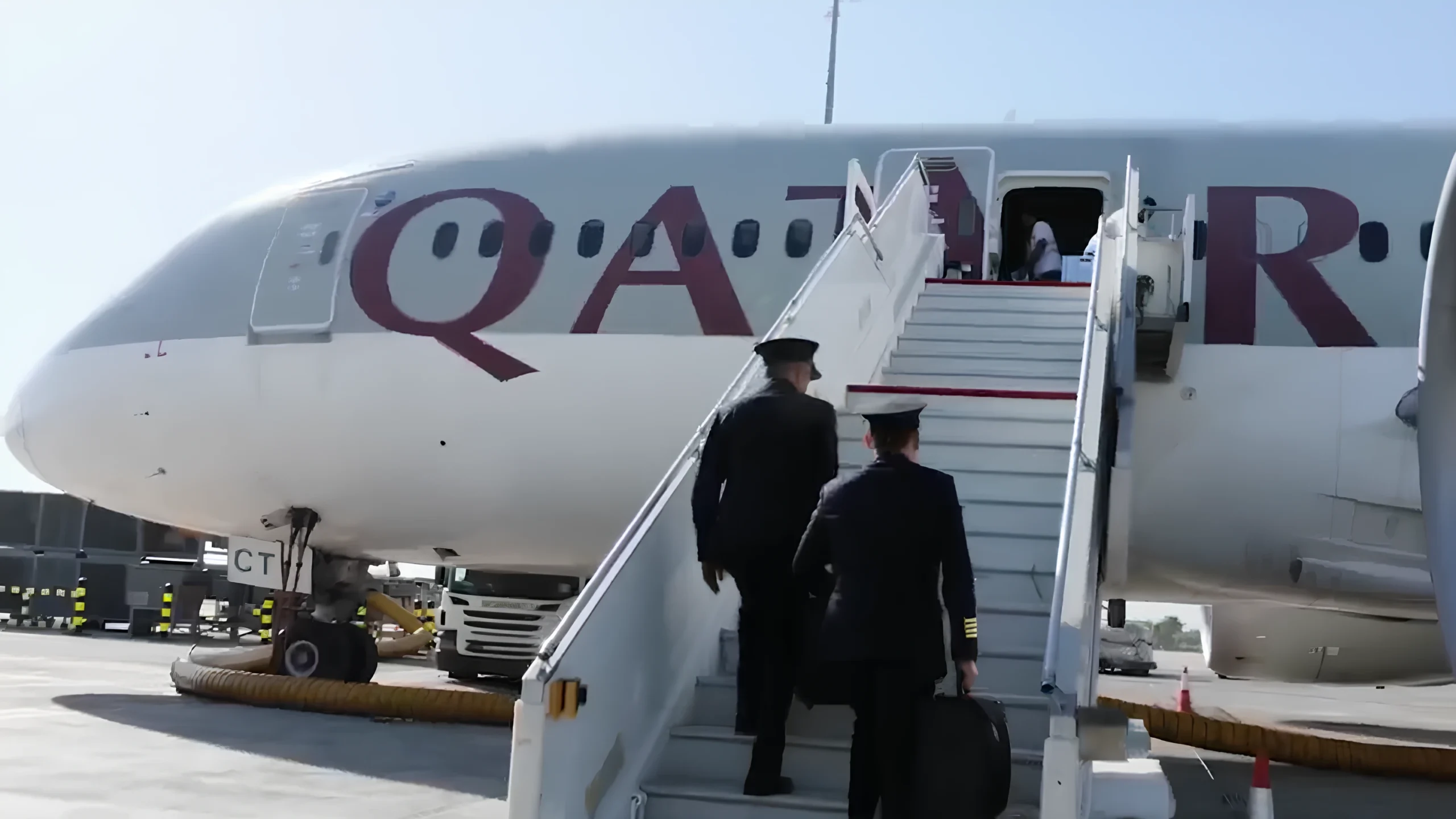Despite the very recent visit of Iraq’s Deputy Petroleum Minister, Hamid Younes al-Zobai, to Washington to spearhead his country’s latest attempts to inveigle more money out of the U.S., his Ministry continues to award most major oil and gas contracts to Chinese firms. Last week, it signed oil concession agreements with UEG for the Faw block, Geo-Jade for the Jabal Sanam and Zurbatiyah fields, Sinopec for the Somar and Adan blocks, ZhenHua for the Abu Kheima field and the Qarnain block, Zhongman Petroleum and Natural Gas Corporation (ZEPC) for the East Baghdad field and Middle Euphrates fields, and Anton Oil for the Dufariyah field. Iraqi Oil Minister Hayyan Abdul Ghani Al-Suwayd said that such contracts would boost the country’s oil and gas production by 750,000 barrels per day (bpd) and 800-850 million cubic feet (Mcf) per day. Two days later, the China National Offshore Oil Corporation (CNOOC) signed an exploration, development and production contract (EDPC) with Iraq’s state-owned Midland Oil Company to explore oil and gas at the Block 7 field, although the Chinese firm will have a 100 percent stake in the block. And just a few days ago, the Petroleum Ministry signed a contract with China’s JERA Petroleum to develop the Mansuriya gas field in Diyala Province. These huge deals followed hot on the heels of 14 other major Iraqi oil and gas concessions awarded to Chinese companies in May and dozens more before then. As it stands, more than a third of all Iraq’s proven oil and gas reserves and over two-thirds of its current production are managed by Chinese companies, according to industry figures. To put this into context, Iraq has a very conservatively estimated 145 billion of proven crude reserves and an even more conservatively estimated three trillion cubic metres of natural gas, as analysed in full in my latest book on the new global oil market order.
Related: Europe Stocks Up On LNG Ahead of Winter
One of the key broader points of interest here for the global oil and gas markets is that although questions remain over the strength of China’s economic recovery from its Covid years – hence the latest Iraqi mission to Washington for money under cover of possible contracts for U.S. firms and a potential reduction in gas imported from Iran – its ability to garner most awards to Iraq’s big oil and gas fields remains undiminished. The key reason for this is that Beijing positioned itself as Iraq’s new superpower sponsor just ahead of the U.S.’s decision to end its combat mission in the country in December 2021. At that point, China’s treasury was still committed to throwing money at countries that it sees a critical links in its multi-generational power-grab project the ‘Belt and Road Initiative’ (BRI). As part of the geographical heart of the Middle East together with Iran, Iraq fits the bill, bolstered in its appeal by the fact that together with its close Shia Islamic partner the two countries have the largest collective oil and gas reserves in the world by a huge margin, while China has virtually none of either. The two countries also form the foundation of the ‘Shia Crescent of Power’ in the Middle East, as also detailed in my latest book on the new global oil market order. This provides Beijing with enormous political leverage into several key countries across the region and beyond.
Consequently, in the run-up to the U.S.’s end of combat mission, China offered vast investment into Iraq in exchange for it signing the 2019 ‘Oil for Reconstruction and Investment’ agreement. This allowed Chinese firms to invest in infrastructure projects in Iraq in exchange for oil and was later broadened and deepened in the all-encompassing ‘Iraq-China Framework Agreement’ of 2021. A key element in these deals was that China was to be given first refusal in any upcoming oil and gas concessions in Iraq – hence its dominance in the award of such fields since then. Another part of these deals involved China being given a 10-30 percent discount (depending on the field) for at least five years on the value of the oil and gas it recovers from Iraq. An additional condition was that China would be allowed to autonomously build-out the infrastructure that supported these oil and gas developments, including security personnel and equipment, and transport links both within Iraq and from Iraq to other points of interest to Beijing. The final notable element of these deals was that these transport hubs – including seaports and airports – could be used by China’s military as well as its civilians as it saw fit, as further analysed in full in my latest book. Baghdad subsequently approved several of these potentially far-reaching infrastructure deals, including for Chinese companies to build a civilian airport to replace the military base in the capital of the southern oil rich Dhi Qar governorate. This airport project would include the construction of multiple cargo buildings and roads linking the airport to the city’s town centre and separately to other key oil areas in southern Iraq, which could then be expanded into a dual-use civilian and military airport.
As the colonising aspects of Beijing’s plans were becoming ever more apparent, the West’s practical response in terms of winning new business there itself was hamstrung by the culture of corruption that pervades much of Iraq’s oil and gas sector, as notably detailed by the highly-respected independent think-tank Transparency International. Following years of intense negotiations aimed at removing any dubious practices, French oil and gas titan TotalEnergies was finally able to begin its US$27 billion four-pronged project in the country. The key focus of this has been to energise the long-latent Common Seawater Supply Project (CSSP), which is the overriding key to Iraq’s ability to increase its crude oil output from the average 4 million bpd or so to 7 million, 9 million or even 13 million bpd within five years. Another big element in the project is to increase Iraq’s gas production whilst also reducing its enormously wasteful flaring of gas associated with oil drilling. For the West, the key advantage of this would be to reduce Iraq’s long-running dependence on neighbouring Iran for up to 40 percent of its energy supplies through gas and electricity imports. This would be a good start in driving a wedge – albeit a slim one to begin with – between the two countries that could be further exploited to undermine the regional influence of the Shia Crescent of Power. This could then be used to stymie Iran’s ongoing efforts to build a ‘land bridge’ that would run via Iraq all the way to the Mediterranean coast, which will then be used by Tehran to increase arms shipments to its militant proxies for use against Israel. It could also be expanded to bring greater financial pressure on Iran, as much of its economic wealth comes from oil exports disguised as Iraqi oil and sent via Iraqi export channels, as also analysed in full in my latest book on the new global oil market order. And for Iraq, the big advantage would be that over time any surplus gas collected that is not used for its domestic power needs could be monetised through exports, and through use in lucrative petrochemical projects such as the long-stalled Nebras Project. Another key part of the four-pronged project is the construction of a new solar plant project in the country as part of a broader eventual expansion of Iraq’s renewable energy capabilities.
As commendable as TotalEnergies’ efforts are, Baghdad understands the strategic implications of letting the West back into major projects in the country – as does its chief superpower sponsor, China. An attempt to assuage these concerns is the recent taking of a 50 percent stake in the solar energy project by QatarEnergy. Given its delicate geographical position — directly between Saudi Arabia on its west and Iran on its east – Qatar is no stranger to playing an equally delicate diplomatic game between the West and East. In the run-up to Russia’s invasion of Ukraine on 24 February 2022, the Emirate had signed several big contracts with China for long-term liquefied natural gas (LNG) supplies, after which the gas became the world’s swing energy source. A few weeks into the invasion and the U.S. had persuaded Qatar to start providing LNG to Europe (especially Germany) as a vital move in ensuring that the continent remained cohesive in its efforts to punish Russia for its actions. One key aim of including a leading Qatari firm in TotalEnergies’ four-pronged Iraq project is to lay the ground for a further expansion of this and other similar projects in the country by Western firms, a senior European Union energy security source told OilPrice.com last week.
By Simon Watkins for Oilprice.com














